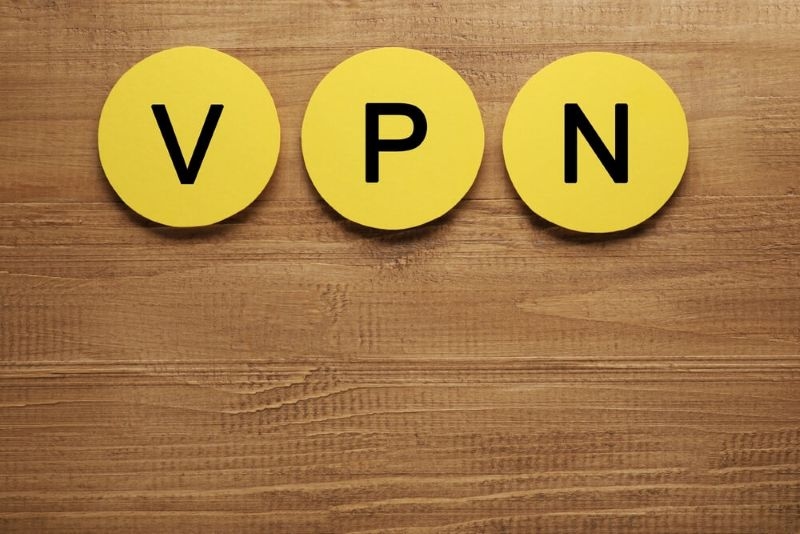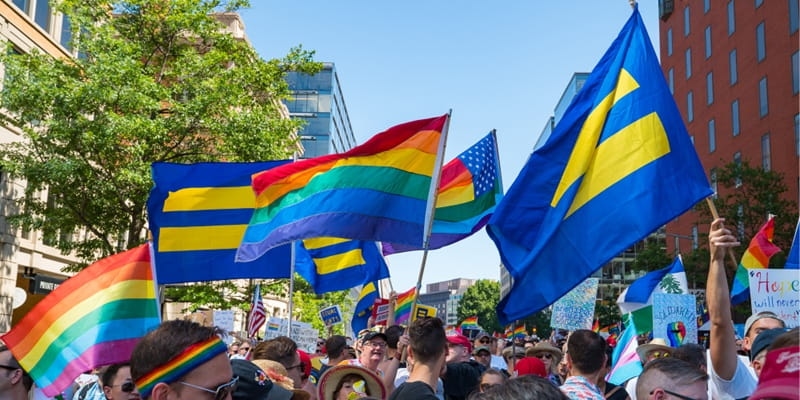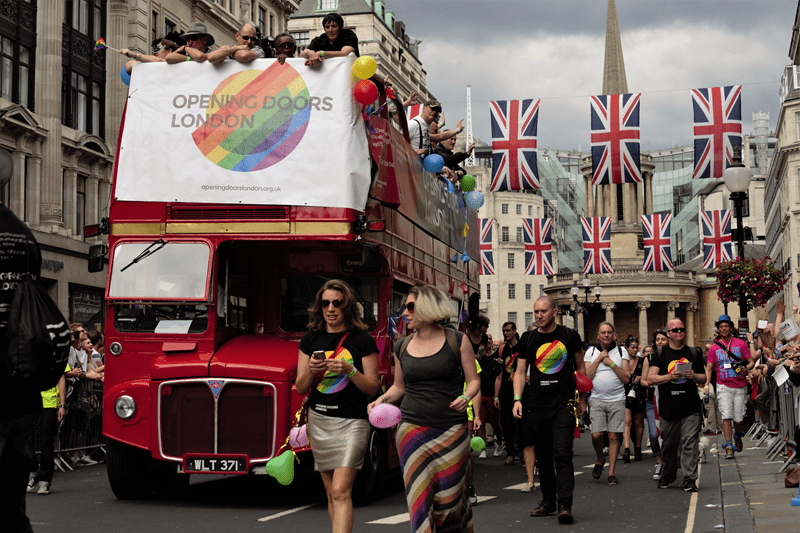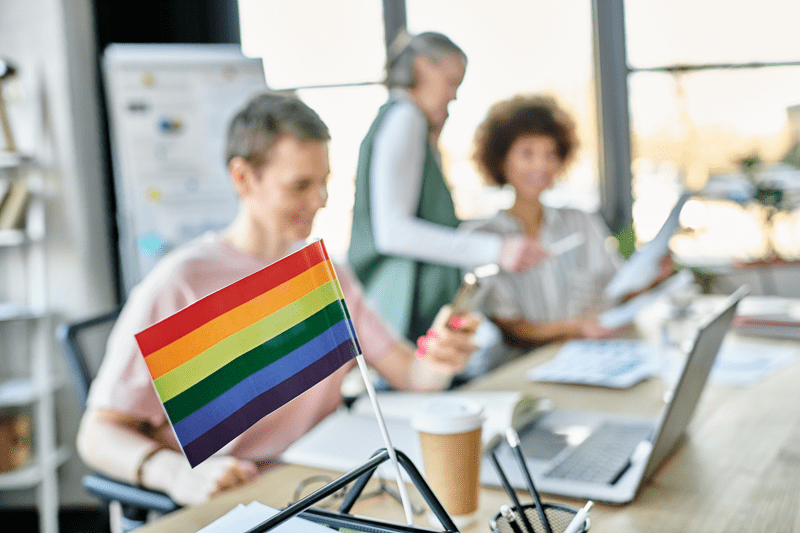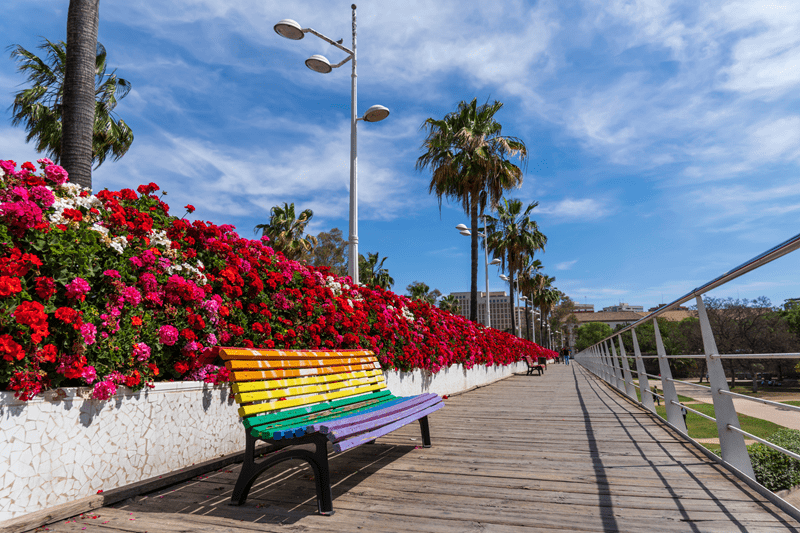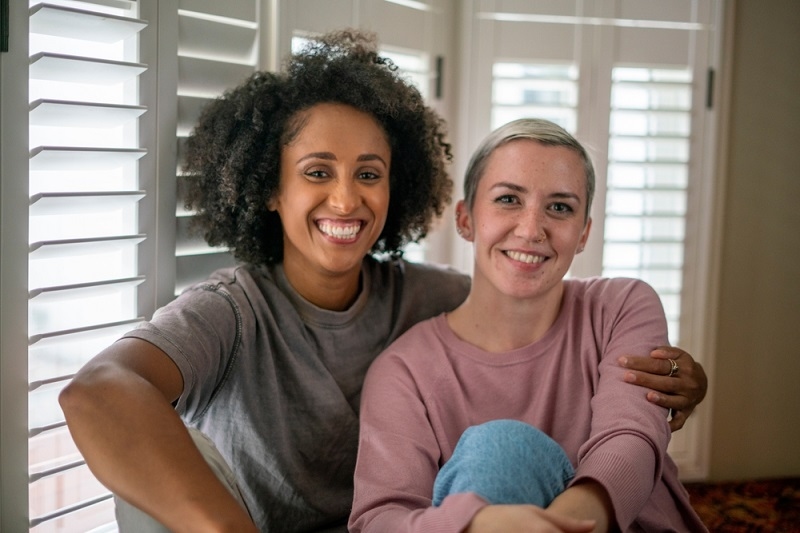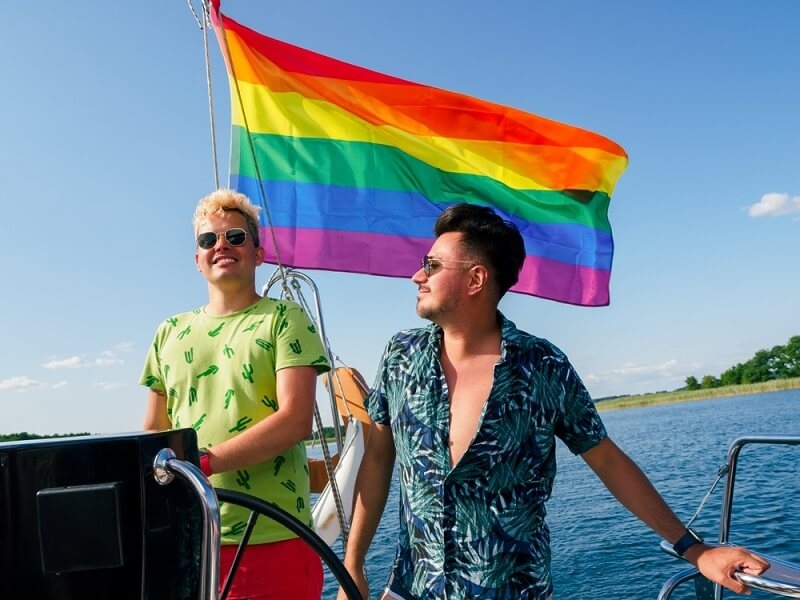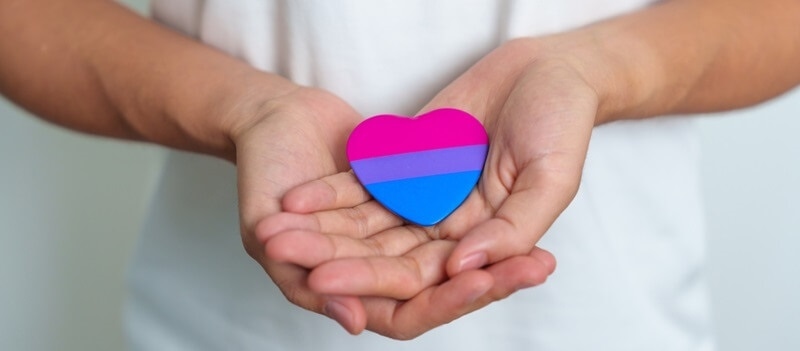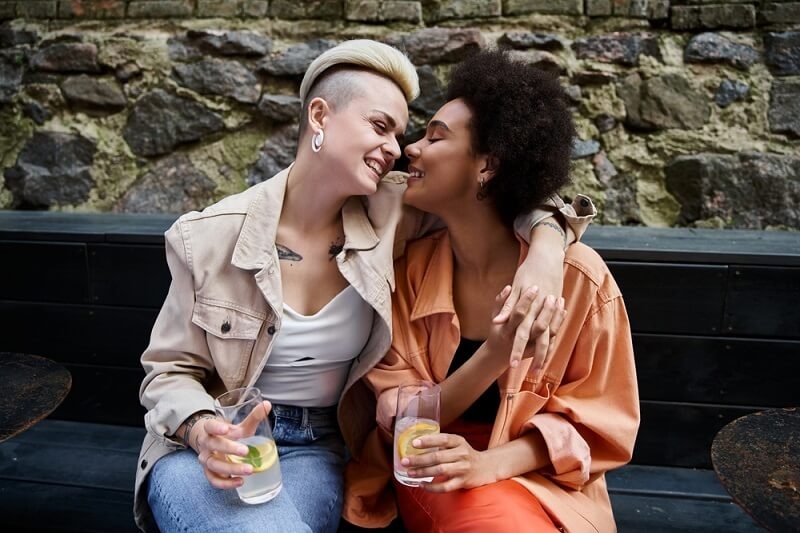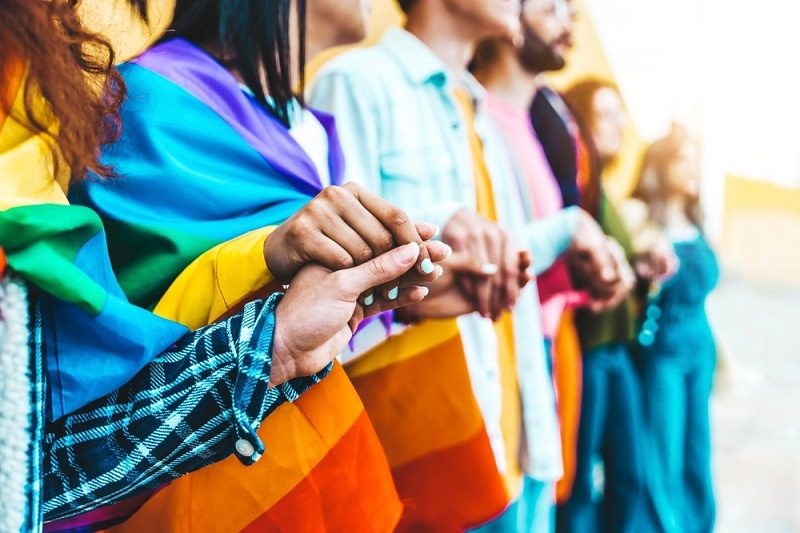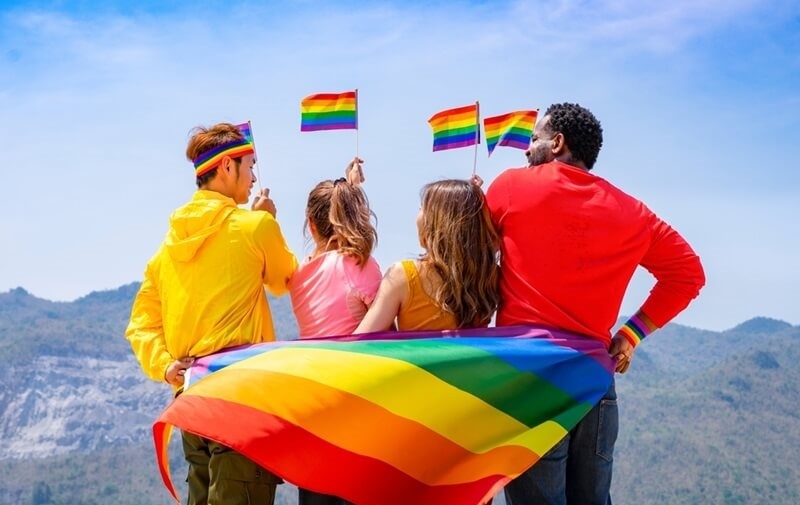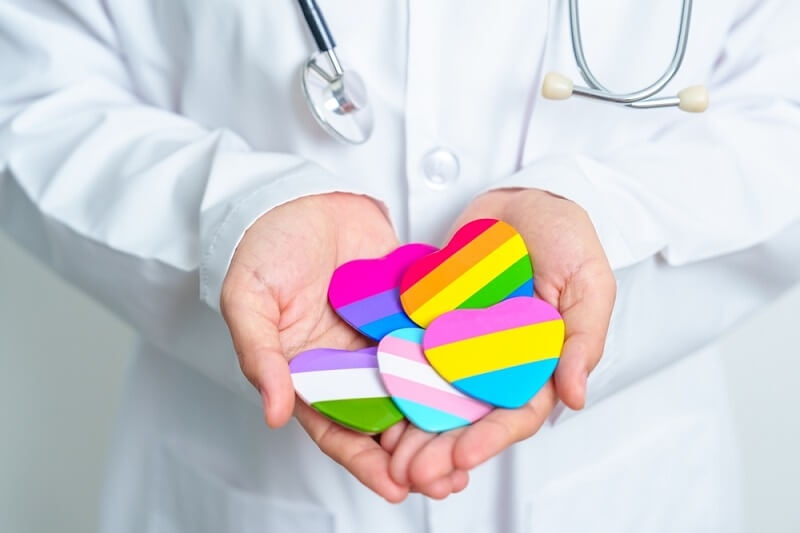Signs of a Healthy vs. Toxic LGBTQ+ Relationship: What Is It

A healthy LGBTQ+ relationship is based on respect for both partners, trust, and open communication. Partners respect each other's individuality while providing a safe and accepting environment. Healthy relationships promote emotional security whereby both individuals feel valued and are free to express their thoughts and needs without being judged. Boundaries are respected, and disputes are settled by having honest talks rather than by manipulation or power.
It is a toxic relationship when control, emotional or physical abuse, and disrespecting personal boundaries become part of the pattern. Gaslighting, jealousy, and excessive criticism create an unhealthy paradigm in which one partner feels invalidated or unheard. Such dynamics in LGBTQ+ relationships may be further influenced by internalized homophobia or public scrutiny.
Identifying these red flags is essential for maintaining emotional health and nurturing relationships that emphasize love, equality, and mutual support. Once the difference is known, one can work toward establishing healthier relations.
Also, read: Learn the 10 Essential Steps to Heal After a Queer Breakup.
Importance of Recognizing Relationship Health
Understanding the healthy condition of the relationship will help the concerned people make more informed choices on their emotional and mental states. A relationship that is supportive will imbue the individual with confidence, security, and empowerment, while a toxic relationship induces stress, anxiety, and low self-esteem. Particular concerns for LGBTQ+ individuals are specific problems, such as external discrimination, internalized shame, or anything else that can be detrimental to the relationship.
Identifying signs of respect, trust, and open communication as opposed to manipulation, control, or emotional destruction can help people develop a healthier connection. Such that emotional safety and mutual support ensure that relationships remain a source of nurturing rather than distress. Awareness helps LGBTQ+ individual in setting up boundaries, looking for services when required, and building relationships that affirm who they are and their well-being.
Key Traits of a Healthy LGBTQ+ Relationship
Trust and honesty are extremely important, allowing both partners in an LGBTQ+ relationship to feel secure and valued. Boundaries are honored, and differences are navigated with understanding and no judgment. Equality is fundamental—both parties have input in any decisions that affect them and, therefore, maintain balance in the relationship. Emotional and physical intimacy should be safe and consensual, allowing for greater bonding. Clear and open communication is often important in a relationship.
A healthy relationship provides the environment for both individuals to be their true selves without fear of rejection. Out of these characteristics, the emphasis creates the basis for a loving, accepting, and mutually growing relationship between LGBTQ+ couples who want to build lasting and fulfilling partnerships.
Read about Mental Toughness & Its Impact on LGBTQ+ Mental Health.
Understanding Boundaries in a Relationship
They effectively create mutual respect, prevent misunderstandings, and even control. In LGBTQ+ relationships, this can mean letting the partner be honest about their own comfort levels regarding coming out, personal space, and emotional needs. Setting boundaries opens the door to genuine conversations that make it easier for both partners to share their opinions and feel valued for doing so. Relationships thrive when boundaries are honored so that it remains a safe and supportive environment for love and personal development.
Warning Signs of a Toxic LGBTQ+ Relationship
Other signs of a toxic relationship include constant criticism, when one partner constantly belittles the other, thereby hurting self-esteem. Isolation is also a red flag because toxic partners will try to discourage friendships or family ties to remain in control. Emotional or physical abuse, in any form of intimidation, threats, or violence, is a drastic indicator of toxicity. Internalized homophobia or fearing societal judgment could also add more strain to an already oppressed situation in an LGBTQ+ relationship and impede the ability to recognize toxic practices.
Trustingly, listening to one's own instincts and discussing relationship counseling may liberate one from these toxic dynamics. Relationship counseling can also assist in addressing concerns and rebuilding healthier relationships.
Role of Power and Control in Toxic Relationship
A partner may find themselves trapped inside a toxic relationship where power imbalances exist between two manipulators and guilt trippers or the financially dependent partner. The same goes for LGBTQ+ relationships, where a pressurized society or the fear of rejection adds even more to impede one's ability to seek assistance. Controlling partners may use threats, gaslighting, or intimidation or withhold various forms of co-eracement, keeping the controlling/abusive behavior on lock.
One really understands these patterns by which independence restoration can be achieved. Supportive help through reliable friends, LGBTQ+ organizations, or relationship counseling can encourage recovery from one's independence and build healthier relationships.
Also, read about the Top LGBTQ+ Advocacy Organizations You Should Know About.

Emotional and Physical Abuse in LGBTQ+
There can be many ways of emotional abuse, like gaslighting, pathological criticism, behavioral control, and undermining the partner's self-worth and independence. It can be escalated over time, with intimidation and violence, and would make the leaving harder for victims. Abusers in LGBTQ+ relationships could use the fears of being ostracized or kept away from rejection as control tactics.
Support from LGBTQ+-friendly resources, helplines, or relationship counseling can show the person that their behavior is abusive and give them a route to safety. Everybody is worthy of loving, honorable, and safe relationships, devoid of fear and harm. Identifying such signs is the primary step toward healing and empowerment.
How to Seek Help and Support: LGBTQ+ Relationship Advice
As it is quite an arduous task to get out of a hazardous relationship, some people would find themselves emotionally or financially dependent on their partners. Building a safety plan and talking to a mental health professional can help ease the process. A therapist who affirms the LGBTQ+ community is almost always the right person to work with in rebuilding confidence and setting boundaries. Online and local LGBTQ+ organizations also offer support, legal advice, and meeting grounds.
It is important to realize that you are not alone—people care about you and want to help you. Putting your welfare first and seeking help is the first step toward healing and finding yourself in a relationship based on respect and love.
Rebuilding After a Toxic Relationship
Healing is a gradual process, and it is in the self-interest of every person to engage it in self-growth and self-compassion. Engaging in activities and hobbies, setting personal goals, and practicing self-love are ways to rebuild confidence. Relationship counseling or support groups can help individuals process their emotions and develop healthier relational patterns. One must remember that a toxic past need not define future relationships.
By surrounding oneself with positive influences and embracing self-worth, room is made for healthier and more fulfilling bonds. With time and support, you can begin to move today, rediscover your strength, and build relationships defined by mutual respect, trust, and love.
Conclusion
Every person deserves a relationship based on trust, respect, and support. It allows each individual to know the difference between healthy and unhealthy relationship dynamics so that one can choose what is best for their emotional well-being. Healing takes time, just like it did for the hurt; it can be made easier with self-care, counseling, and a strong support system. A value that self-respect brings to relationships is a mechanism through which individuals set their boundaries, demand respect, and walk away from toxic situations.
No one should have to feel trapped within an abusive relationship—there are resources and kind-hearted people here waiting to help. With a focus on self-love and positive influence, much healthier and fulfilling relationships will come into being afterward based on mutual respect and love.






